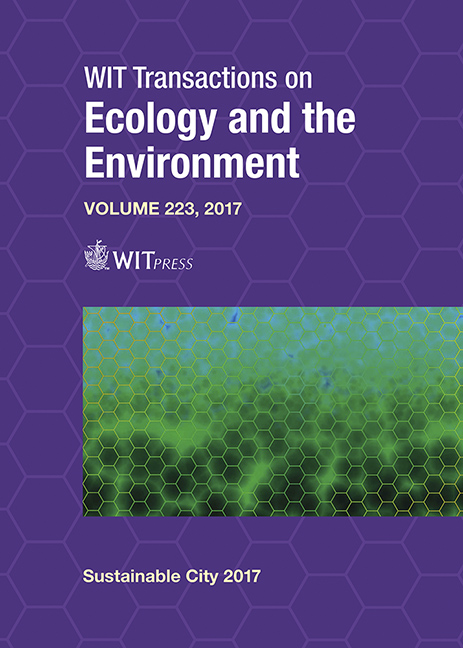MANAGING THE ENVIRONMENTAL ADAPTATION OF VEHICLE OPERATIONS
Price
Free (open access)
Transaction
Volume
223
Pages
9
Page Range
161 - 169
Published
2017
Size
683 kb
Paper DOI
10.2495/SC170141
Copyright
WIT Press
Author(s)
ALLA GOLUBEVA, ELENA MAGARIL, ROMEN MAGARIL, DEBORAH PANEPINTO, FRANCESCA VIGGIANO
Abstract
The growing vehicle fleet, which is the largest consumer of the hydrocarbon fuels and the emitter of toxic substances and greenhouse gases, creates the serious environmental challenges that require an integrated approach to solve them. Simulation of the alternative scenarios for the traffic flows distribution allows evaluating the impact of various schemes of the road traffic organization and changes of the road infrastructure on the state of atmospheric air. It is necessary to consolidate the application of the legislative, economic and management mechanisms, orienting parties responsible for the negative consequences of the car operation to implement the optimal technological solutions. Possible economic incentives for the manufacturers of the vehicles, fuel producers, and the car owners are discussed, which enable to improve the environmental safety of the motor vehicles operation. The proposed model of an environmental fuel tax has been tested in the evaluating of the annual value of the possible additional tax revenues from a number of Russian refineries. The introduction of the proposed tax model can significantly reduce the negative consequences of vehicles operation.
Keywords
vehicle, traffic flows, environmental fuel tax, technological solutions, vehicles operation, greenhouse gases, economic mechanism





